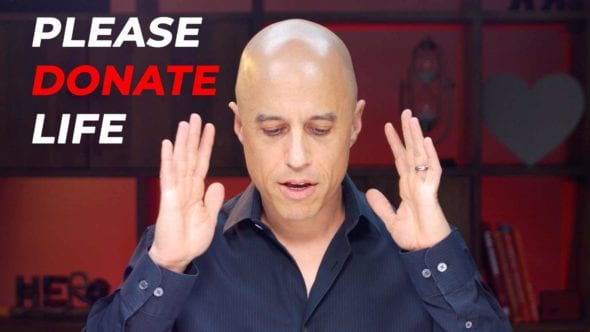Amazon, JP Morgan and Warren Buffet have teamed up, publicly announcing a gambit to “fix healthcare.”
Three megacorporations (Amazon, JP Morgan Chase and Berkshire Hathaway) just announced a they’re planning to launch a new company dedicated to “fixing healthcare”. The mere mention that these three powerful entities were pooling resources to improve healthcare led to billions in losses on Wall Street from the “legacy” players: insurance companies, hospitals, etc.—even though the details of this planned venture were scarce.
Every American can agree that our healthcare “system” needs fixing. We spend more than anyone while our outcomes are poor, and healthcare workers are burning out in a system plagued by a lack of outcome and price transparency. The 3 trillion dollar healthcare tab is bankrupting industries and individuals alike.
Although this “new” effort is noble, similar efforts have fallen short. Walmart, the single largest employer in the US, attempted to tackle it but failed (once again, those pesky “legacy players“).
The planned initiative has potential pitfalls and raises questions that we on the front lines would love to see addressed if there’s to be meaningful change:
- Will the new company use its size and leverage to force outcome and cost transparency? In other words, will we finally know what something costs BEFORE we’re billed? Will we have a glimpse into which folks have the least complications and best outcomes (compensating for the cherry-picking and other “gaming” of outcome metrics currently available)?
- Is this venture just a means to reduce cost for their employees? In other words, will this scale to everyone? If the new company manages to reduce the “tapeworm” of healthcare costs, will best practices be shared with Amazon’s competitors? (Our healthcare system is very good at cost shifting – if the new healthcare firm negotiates cheaper drug rates, or care plans, the cost will invariably be shifted to other payers and plans).
- What role is technology going to play? Will the EHR enable better, more transparent care or just continue to be the “glorified billing software” that it currently is? Technology advances can not replace the human relationship at the core of great medicine. But take away unnecessary clicks and busywork that don’t contribute to care and this new venture would already be ahead of the current game.
- Will this new venture partner with frontline physician and healthcare professional input? Will they listen to what is keeping the nurses up at night? Frontline caregivers are a vital source, often ignored by the potentially well-meaning folks in business and Silicon Valley. Talk to the folks who actually touch patients.
Here’s the good news: this new entity has skin in the game. They are self-funded (meaning they pay their own healthcare expenses rather than relying on insurance as a middle man beyond providing billing logistics). They are motivated by efficiency, and are really good at leveraging process and technology. They are ruthless, which might be just what we need…or it might signal the end of medicine as we know it.
Z-Pac…it’s up to US to make our voices heard. Let’s tell them how to do this right.
(Thanks to Dr. Giri Venkatraman for his contributions to our video summary. He’s an ENT Surgeon who broke the golden handcuffs and escape the Measurement Industrial Complex)
Related Videos
Category
- The ZDoggMD Show (799)
- Featured Videos (188)
- Doc Vader (142)
- Against Medical Advice (128)
- Medical Humor (95)
- Public Service Announcements (87)
- Music Parodies (74)
- Nurses (59)
- Meditation (38)
- ZVlogg (36)
- The VPZD Show (31)
- ZTalks (28)
- ZBlogg (24)






